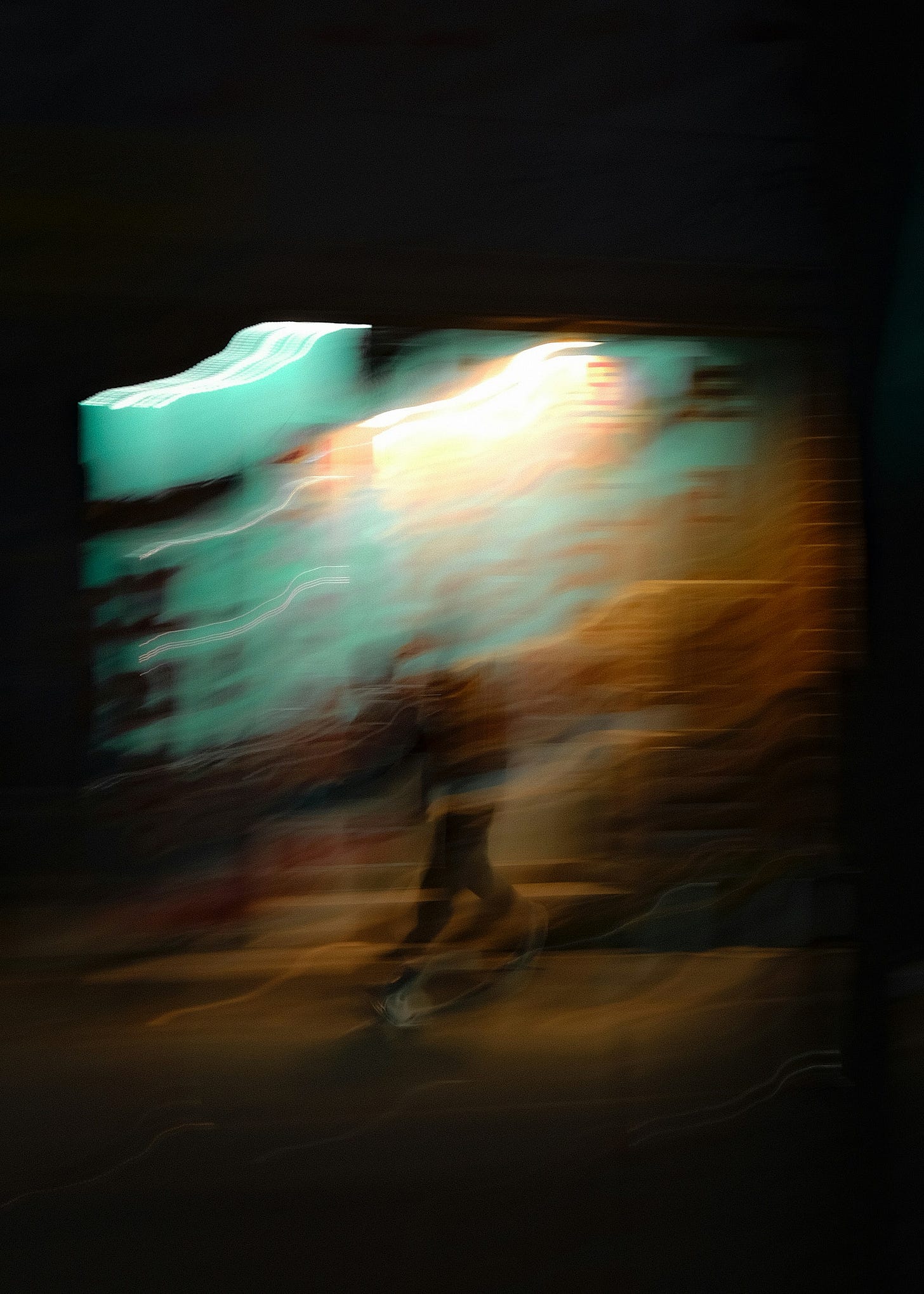dis-
word-forming element of Latin origin meaning 1. "lack of, not" (as in dishonest); 2. "opposite of, do the opposite of" (as in disallow); 3. "apart, away" (as in discard), from Old French des- or directly from Latin dis- "apart, asunder, in a different direction, between," figuratively "not, un-," also "exceedingly, utterly." Assimilated as dif- before -f- and to di- before most voiced consonants.
The Latin prefix is from PIE *dis- "apart, asunder" (source also of Old English te-, Old Saxon ti-, Old High German ze-, German zer-). The PIE root is a secondary form of *dwis- and thus is related to Latin bis "twice" (originally *dvis) and to duo, on notion of "two ways, in twain" (hence "apart, asunder").
In classical Latin, dis- paralleled de- and had much the same meaning, but in Late Latin dis- came to be the favored form and this passed into Old French as des-, the form used for compound words formed in Old French, where it increasingly had a privative sense ("not"). In English, many of these words eventually were altered back to dis-, while in French many have been altered back to de-. The usual confusion prevails.
It has to be a lawyer thing.
I mean: who cares about one word, lest still its etymology?
I do.
I care very much about words.
It’s been there my whole life; my whole friggin’ life.
For the record, it’s not the reason I became a lawyer, and if I had my time over again (I’ll most likely come back as a seagull and plague everyone in Padstow or Salcombe — that’ll serve ‘em right!) I’d have done a degree in English literature wherein I’d have studied early 20th-century American poetry (think Bukowski, Lowell and Berryman).
As to the rubric, it’s how I feel these days: separate from the world; disconnected from the dominant narrative that extols all of us to live up to our god-given potential — whatever the consequences.
And then there’s nature wherein we’ve annihilated so much in the name of materialistic, money-obsessed progress. (Please don’t get me started on our obsession with housebuilding, which has been a blight on so many parts of my locus: Paignton, Newton Abbot and Chudleigh, to name a few spots where we’ve desecrated, I’m sure, holy ground.)
Of course, it’s about this point where you either stop reading or call me a miserable, nihilistic SOB.
And I’m OK with that.
No, really.
I’ve never been one to follow the crowd and that’s probably one reason, maybe the reason, why I’ve never been able to play the political game at work, which abhors anyone or anything that might question, lest still challenge, the status quo. My default question, “Why?”, has got me into so much trouble; but that’s another story.
For now, all I’m trying to say, all I’ll ever try to say (and especially from this far out, i.e. aged nearly 60), is that ‘this’ isn’t normal — not the politics, not the desecration of our past and not the unholy addiction to more. And of course I do realise how privileged I am and how easy it is to make these grandstanding proclamations, but that won’t stop me writing about the cultural and spiritual malaise that pervades the spectral airwaves. That’s code for saying: I’m a grief-monger, I long for a more animistic world and I have no faith in the hegemony that says we can sort out this unholy, death-dealing mess.
Take care.
Blessings,
Julian
PS. At this point, I’ve inserted a short Bukowski poem which you’ll have to listen to the recording to hear. It’s called “an old buddy” and is from his book, War All The Time, Poems 1981-1984 (he died, don’t forget, on 9 March 1994, aged 73).



